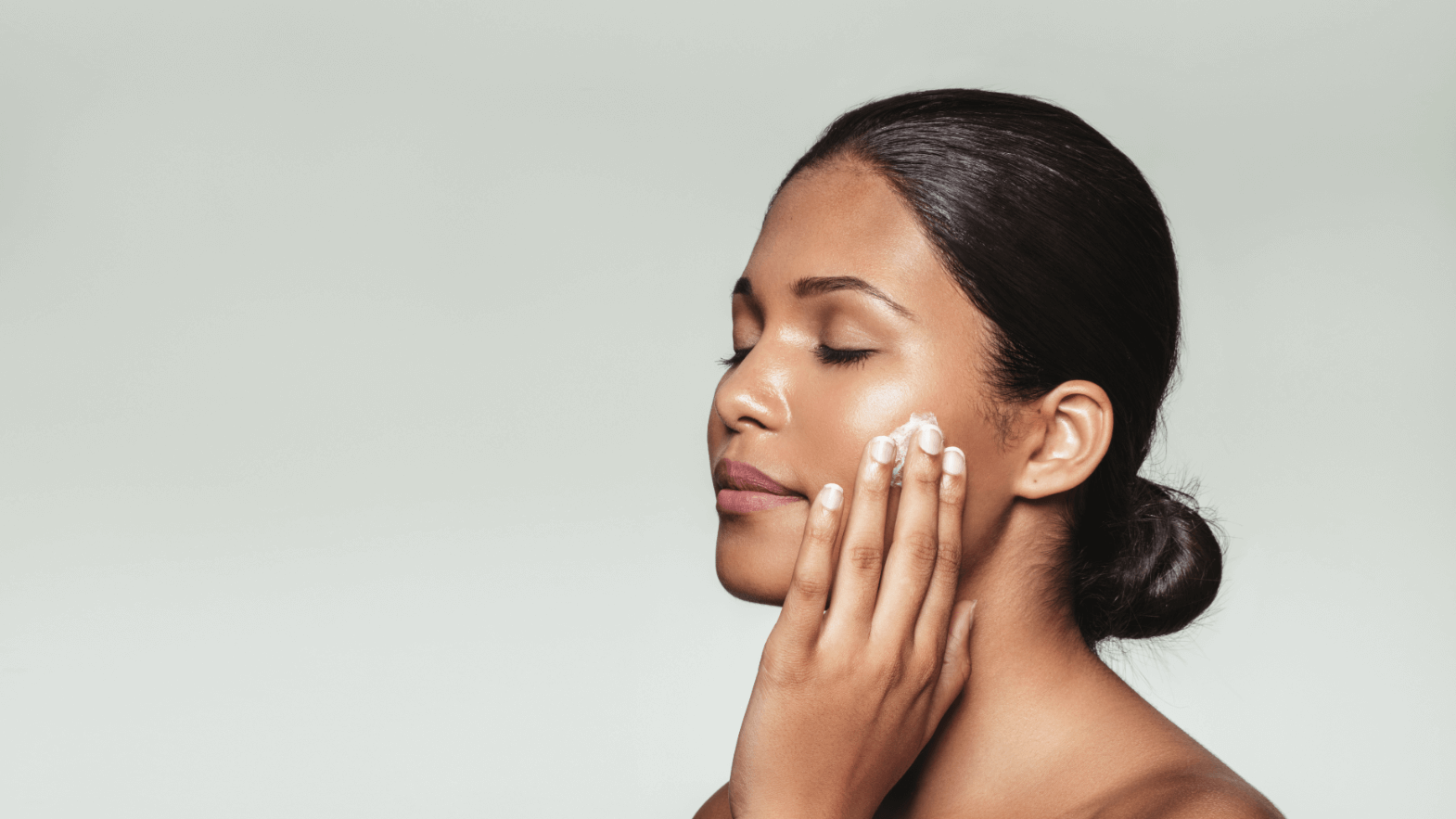What Are Retinoids? Should I Be Using Retinoids?

Retinoids, which are derived from Vitamin A, are topical medications used to treat a vast array of different skin conditions including acne, psoriasis, keratosis pilaris and others. In addition to medical use, retinoids are also prescribed for cosmetic and anti-aging properties. Today you can find numerous retinol and retinoid products over the counter. Tretinoin (Retin-A) was first developed in 1971 and has been the most frequently prescribed retinoid. Since that time, adapalene, tazarotene, and trifarotene have come to market, giving us alternative options depending on the patient’s specific skin type and tolerability.
Texture improvement, collagen production, minimized wrinkles, and anti-inflammatory properties are a few of the positive benefits that patients can see when retinoids are consistently used. For acne patients, they can shrink pore size, fade dark spots left behind from pimples, as well as combat both inflammatory and non-inflammatory acne lesions. Furthermore, retinoids increase the rate at which your skin cells turnover; this unique property gives your skin a smooth, vibrant, and potentially even younger appearance.
Retinoids work great, however they come with a few potential side effects that are worth noting. Photosensitivity, or the ability to burn faster in the sun, is a side effect of most retinoid medications. This is easily avoidable by only applying the retinoid at night time and avoiding application in the daylight hours. Wash your face with a gentle facial cleanser before bed. After drying you face a very thin layer of retinoid is to be applied to the face, avoiding the eyes, mouth, and nasal crease regions. Dryness and irritation are commonly seen with the use of retinoids. These potential problems can be avoided by applying a gentle skin moisturizer directly on top of your retinoid cream. In addition to moisturizing and only applying at night, I typically ask my patients to start slow, applying every other or every third night for the first few weeks until their skin becomes accustomed to the medication.
Medical grade retinol products are available for purchase at Dermatology and Skin Cancer Institute in both our Lansdale, PA and Fort Washington, PA offices. Stop in today to have a discussion with Charlie Capaci, PA-C about how your skin could benefit from the use of a Retinoid, whether for medical or cosmetic use.
